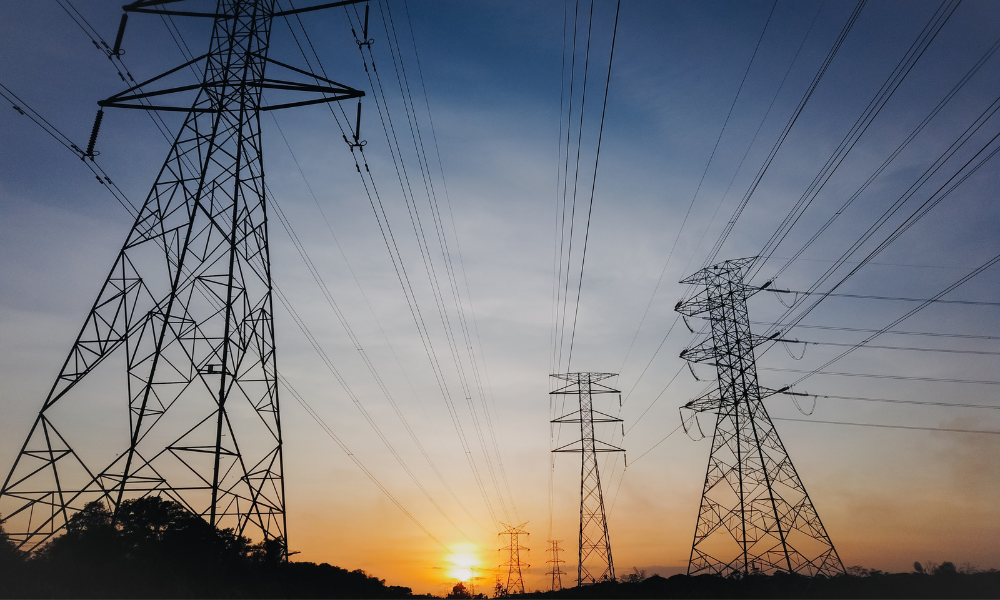LG’s 100-Inch QNED evo AI TV Redefines Big-Screen Viewing in South Africa In a bold leap forward for home entertainment, LG Electronics South Africa…
‘SMEs deserve financial relief amid load shedding losses’

Inospace, South Africa’s leading owner and operator of serviced logistics, calls on President Cyril Ramaphosa to urgently offer financial relief to the thousands of SMEs affected by rolling blackouts in the country.
Ramaphosa must prioritise small and medium-sized businesses when he address the country this week during his State of the Nation address, says Inospace chief executive Jacques Weber. “We call on the government to immediately provide unconditional assistance to SMEs whose businesses are at an enormous risk of being annihilated by unending load-shedding.”
Inospace owns and operates South Africa’s largest serviced industrial and logistics parks. It has over 1 500 SMEs, whom the electricity crisis has hardest hit.
According to Weber, the department of small business development announced that it was considering relief measures to assist SMEs affected by load shedding. “These measures must be realistic and translate into financial assistance.”
SMEs are the lifeblood of South Africa’s economy, making up more than 98% of businesses across the country and contributing 39% towards the GDP.
According to Weber, that contribution should increase in the coming years, further cementing the importance of SMEs to our economy. However, these businesses are also the most vulnerable to economic upheaval and externally driven pressures.
“While load shedding persists, thousands of SMEs are staring down the barrel contemplating shedding jobs, lowering production or possibly winding up. The SME segment of the economy does not have the means to get off the grid through costly alternative power solutions,” adds Weber.
Weber is of the opinion that the media has done a great job in explaining the scale of the impact on SMEs by putting faces to small business owners who are victims of Eskom and the government’s inability to resolve the crisis, which threatens to plunge the country into economic ruin.
“In 2019, the department of trade and industry launched the Intsimbi Future Production Technologies Initiative (IFPTI) to position South Africa’s advanced manufacturing sector for the fourth industrial revolution,” explains Weber.
“While many participants in the industrial sector were impressed with the government’s strategy, the lack of reliable electricity supply will take the industrial sector from the fourth industrial revolution to before the first one. Reliable power is the foundation of economic development.”
Inospace believes that funds and facilities must be urgently provided to relieve smaller businesses with their existing debts and payments. The company adds that tovernment relief should assist SMEs in paying for raw materials, labour and other operational costs. “These interventions must be structured to match the patterns of small business cash flow and the extent of the impact experienced due to the load-shedding.”
The privately owned property group, with over 50 serviced logistics parks in Cape Town and Johannesburg, has launched a “Living with load shedding” project to help its clients to minimise disruptions to their business operations. The project includes solar solutions, inverter options and generator advice to assist SMEs who require emergency assistance. It has also established a hotline which Inospace clients can use for advice or emergency relief.
Inospace installs solar plants to reduce consumption on the various grids, which lowers demand. It also allows clients to install their own dedicated solar panels, which benefit their tenants’ electricity bills.
“Many property companies use solar as a yield-enhancing profit generator, but we will use solar to keep our clients in business. We allow our clients to move between logistics parks and use our business hubs with 24/7 power. They can now work between the different load-shedding stages,” Weber continues.
“Everyone hopes that load shedding will start bottoming out and slowly easing over time. But it’s unlikely there will be any relief soon. Accommodating load shedding into our business operations and strategies will be essential for at least a few years.”
READ NEXT: Oikocredit invests $5m in Yellow to grow solar energy market

